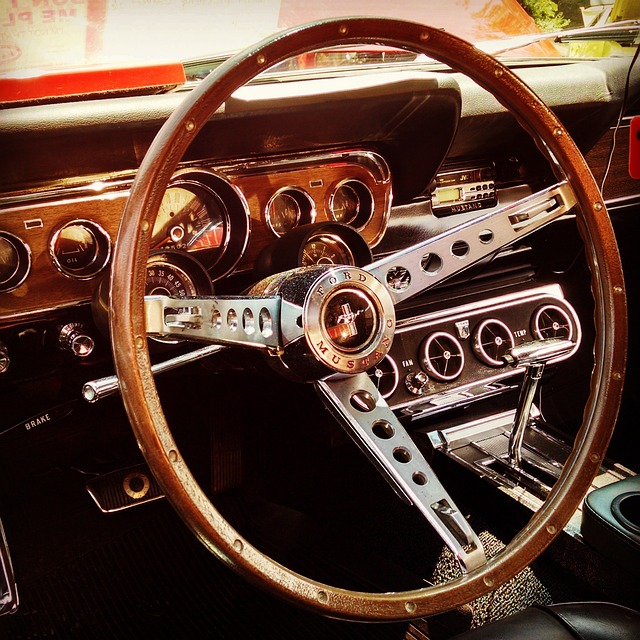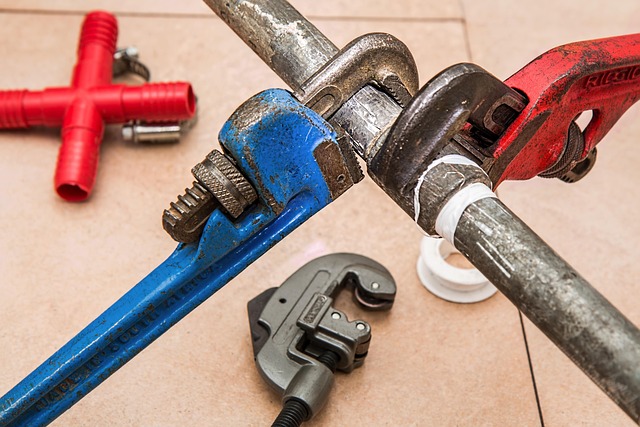Diminished value claims are an insurance coverage option that compensates vehicle owners for reduced resale value post-accident or damage. While these claims address the decrease in a car's worth after necessary repairs like auto paint or glass replacement, they involve complex processes including documentation, legal procedures, and evidence gathering. Exploring alternative solutions like professional auto body repair and frame restoration can offer more effective, cost-efficient outcomes, restoring vehicles' aesthetic appeal and increasing their resale value, ultimately saving time and avoiding potential future issues.
Is pursuing a diminished value claim still a worthwhile endeavor? With the ever-changing legal landscape, it’s essential to weigh the pros and cons before diving in. This article guides you through the basics of diminished value claims, explores their potential benefits and drawbacks, and introduces alternative strategies when appropriate. Understanding these options is crucial for navigating your rights and securing fair compensation.
- Understanding Diminished Value Claims: The Basics
- Pros and Cons of Pursuing a Diminished Value Claim
- Alternative Approaches and When to Consider Them
Understanding Diminished Value Claims: The Basics

Diminished value claims are a type of insurance coverage designed to compensate vehicle owners for the loss in resale value their car experiences after an accident or damage. This concept is relatively straightforward: when a vehicle sustains damages, whether from a collision at an auto collision center or minor dents removal, its overall value can be impacted. Insured individuals can then file a claim to recover this diminished value, often referred to as “depreciation.”
These claims are particularly relevant in the event of significant damage that affects the car’s appearance or structural integrity, requiring visits to an auto body repair shop. While the initial cost of repairs might be covered by insurance, the diminished value claim aims to address the residual effect on the vehicle’s worth. Understanding this process is essential for drivers, as it can help them navigate post-accident scenarios and ensure they receive fair compensation for their vehicles.
Pros and Cons of Pursuing a Diminished Value Claim

Pursuing a diminished value claim can be a complex decision, offering both potential benefits and drawbacks for individuals involved in accidents or facing vehicle damage. On the pros side, diminished value claims provide a means to recover financial losses associated with reduced resale value of a vehicle due to damage. This is particularly relevant when dealing with significant auto paint repair or even auto glass replacement, which can impact the overall aesthetic and market appeal of a vehicle. Filing such a claim might help bridge the gap between what you expect as compensation and the actual cost of repairs, especially if insurance coverage falls short.
However, there are cons to consider as well. Diminished value claims often involve extensive documentation and legal procedures, which can be time-consuming and costly. The process may require gathering evidence, expert opinions on vehicle damage and restoration, and navigating legal channels. Additionally, the outcome is never guaranteed, as insurance companies may dispute these claims or offer settlements that do not fully compensate for the losses incurred through auto painting, glass repair, or other essential vehicle restoration work.
Alternative Approaches and When to Consider Them

In many cases, individuals facing vehicle damage might initially consider filing a diminished value claim to recoup some costs. However, it’s crucial to explore alternative approaches before committing significant time and resources to such claims. Instead of focusing solely on compensating for the reduced vehicle value, exploring options like professional auto body repair, auto frame repair, or even auto dent repair can restore your vehicle to its pre-accident condition. These repairs not only enhance the overall aesthetics but also increase the car’s resale value, making it a more feasible and cost-effective solution in many instances.
When considering diminished value claims, remember that they often involve lengthy processes with no guarantee of success. On the other hand, immediate action to repair damages through top-notch auto body shops or specialized auto frame repair centers can deliver tangible results. This proactive approach ensures your vehicle is not only safe to drive but also maintains its market competitiveness, ultimately saving you time and potential headaches down the line.
In conclusion, while diminished value claims can offer compensation for vehicle owners facing reduced resale value due to accidents or damage, it’s crucial to weigh the pros and cons carefully. Understanding the process, potential outcomes, and alternative solutions is essential before investing time and resources. As you navigate these options, remember that the decision should align with your specific circumstances, aiming to maximize benefits while minimizing hassle. For many, diminished value claims remain a viable strategy to recoup financial losses, but exploring all avenues ensures an informed choice.














